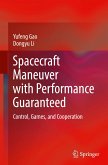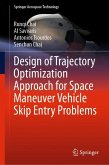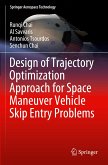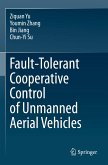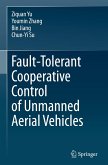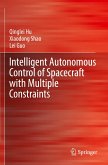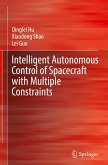Facing future-oriented aerospace applications, large-scale space construction and on-orbit services have rapidly developed. In such emerging and increasingly complex spacecraft maneuvering and control tasks, more precise control accuracy and higher performance guarantees need to be fully considered due to the need for safe close rendezvous movements.
This book is dedicated to solving the aerospace system's performance guaranteed and precise control challenges with the expected transient and strict steady-state constraints. It is designed so that the aerospace closed-loop system can theoretically meet the pre-defined or prescribed performance requirements with the simple parameter selection. Furthermore, the expected performance constraints or indicators of the aerospace system time-domain performance response, such as settling time, overshoot, steady-state error, and state amplitude, will be directly guaranteed in the control design. Moreover, this book systematically proposes a series of spacecraft performance guaranteed control algorithms based on the practical situation of the aerospace system. For individual spacecraft, control algorithms that consider practical problems such as control task requirements, settling time constraints, transient performance normalization, input command constraints, and optimization faced by the on-orbit spacecraft are proposed to achieve the precise control objectives of the system under constraints and various complex situations. For the pre-combination and post-combination control of multiple spacecraft, game algorithms based on performance guarantees are proposed and thoroughly discussed. For spacecraft formations, control algorithms that consider full-state constraints, nonlinear uncertainties, output feedback, and collision avoidance are proposed.
This book provides the theoretical basis and simulation experience for scholars and engineers to develop high-performance, high-precision spacecraft control algorithms. Furthermore, it hopes that these will contribute to the development of the world's aerospace technology.
This book is dedicated to solving the aerospace system's performance guaranteed and precise control challenges with the expected transient and strict steady-state constraints. It is designed so that the aerospace closed-loop system can theoretically meet the pre-defined or prescribed performance requirements with the simple parameter selection. Furthermore, the expected performance constraints or indicators of the aerospace system time-domain performance response, such as settling time, overshoot, steady-state error, and state amplitude, will be directly guaranteed in the control design. Moreover, this book systematically proposes a series of spacecraft performance guaranteed control algorithms based on the practical situation of the aerospace system. For individual spacecraft, control algorithms that consider practical problems such as control task requirements, settling time constraints, transient performance normalization, input command constraints, and optimization faced by the on-orbit spacecraft are proposed to achieve the precise control objectives of the system under constraints and various complex situations. For the pre-combination and post-combination control of multiple spacecraft, game algorithms based on performance guarantees are proposed and thoroughly discussed. For spacecraft formations, control algorithms that consider full-state constraints, nonlinear uncertainties, output feedback, and collision avoidance are proposed.
This book provides the theoretical basis and simulation experience for scholars and engineers to develop high-performance, high-precision spacecraft control algorithms. Furthermore, it hopes that these will contribute to the development of the world's aerospace technology.


